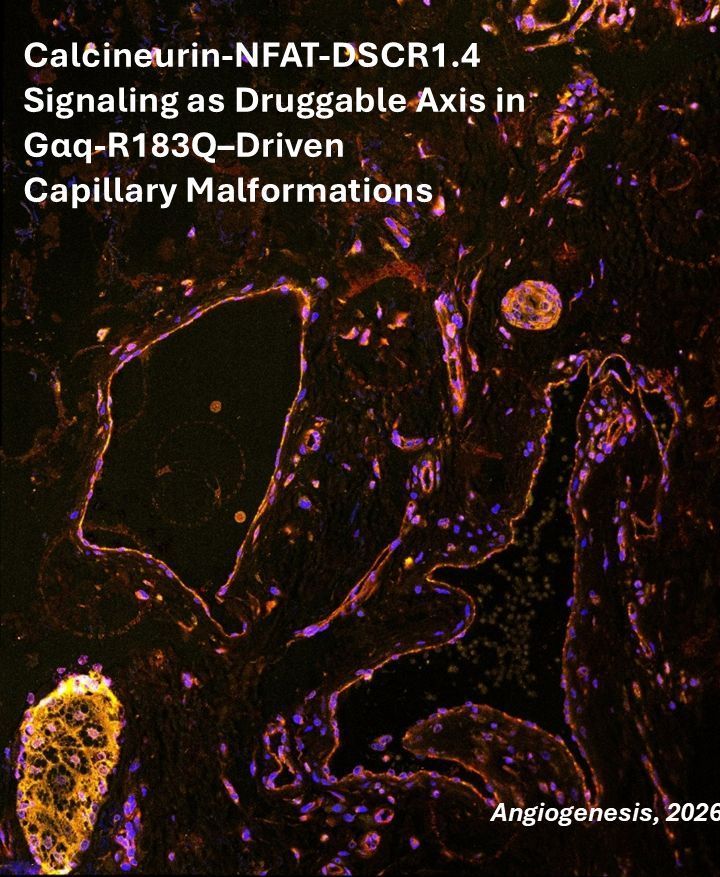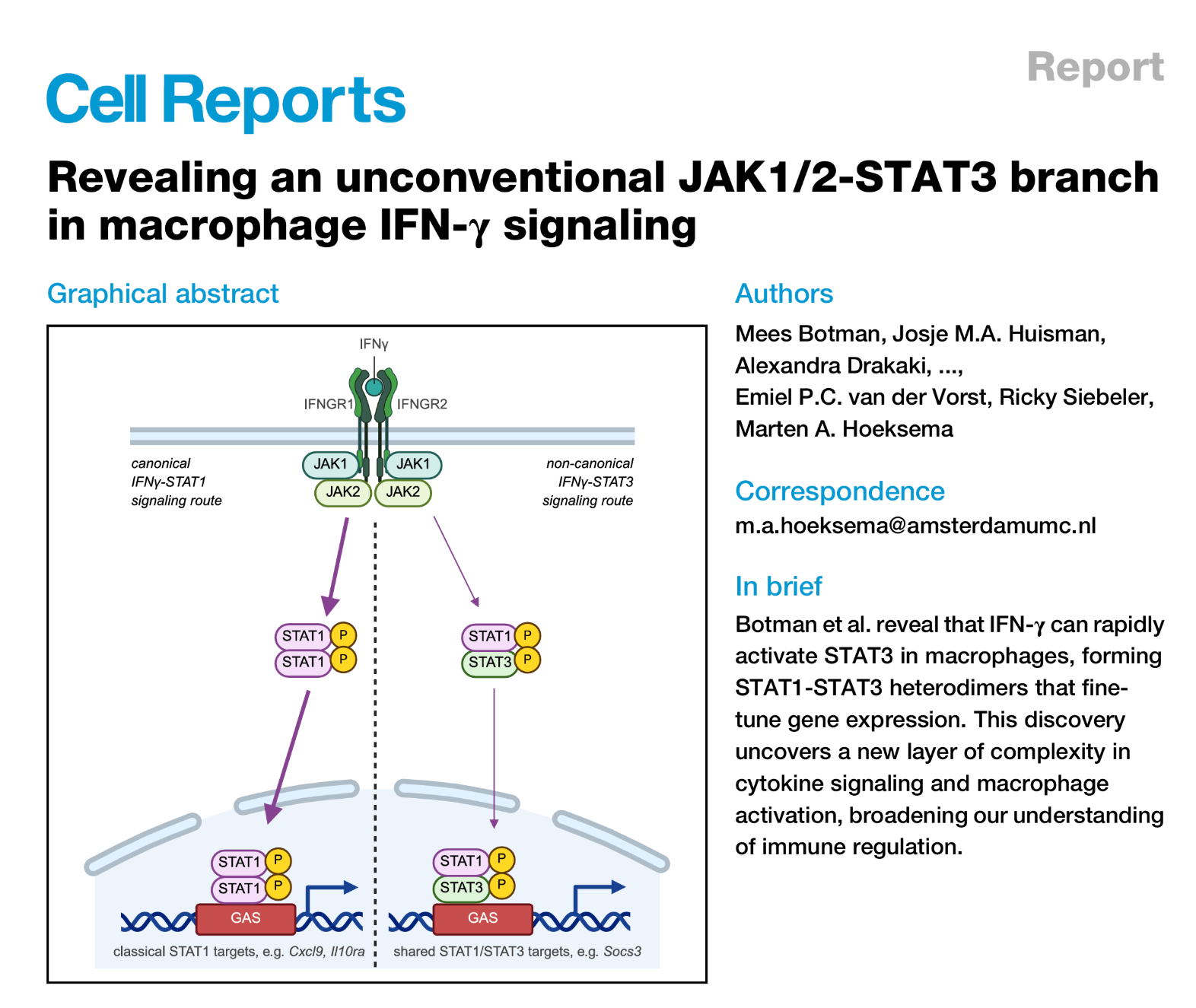Researchers from the Huveneers lab at Amsterdam UMC, together with international collaborators from the Universities of Cologne and Barcelona, published their latests findings on dedicated molecular signals in angiogenesis in Nature Communications.
Angiogenesis, the formation of new blood vessels, is an essential physiological process for development, wound healing and tumorigenesis. To make new blood vessels, endothelial cells move as a collective. The movement of endothelial cells is triggered by so-called leaders that connect to followers. Researchers from the Huveneers lab at Amsterdam UMC, together with international collaborators from the Universities of Cologne and Barcelona, have now discovered dedicated molecular signals that originate at the contact interface between the leader and follower cells. By using fluorescence microscopy those signals were captured during endothelial cell migration, which revealed that they guide follower cells. The results of this study offer important insights and new perspectives that may help to develop approaches that target angiogenesis in patients. The findings were published in Nature Communications. Visit the Nature Communications website for the full article.


